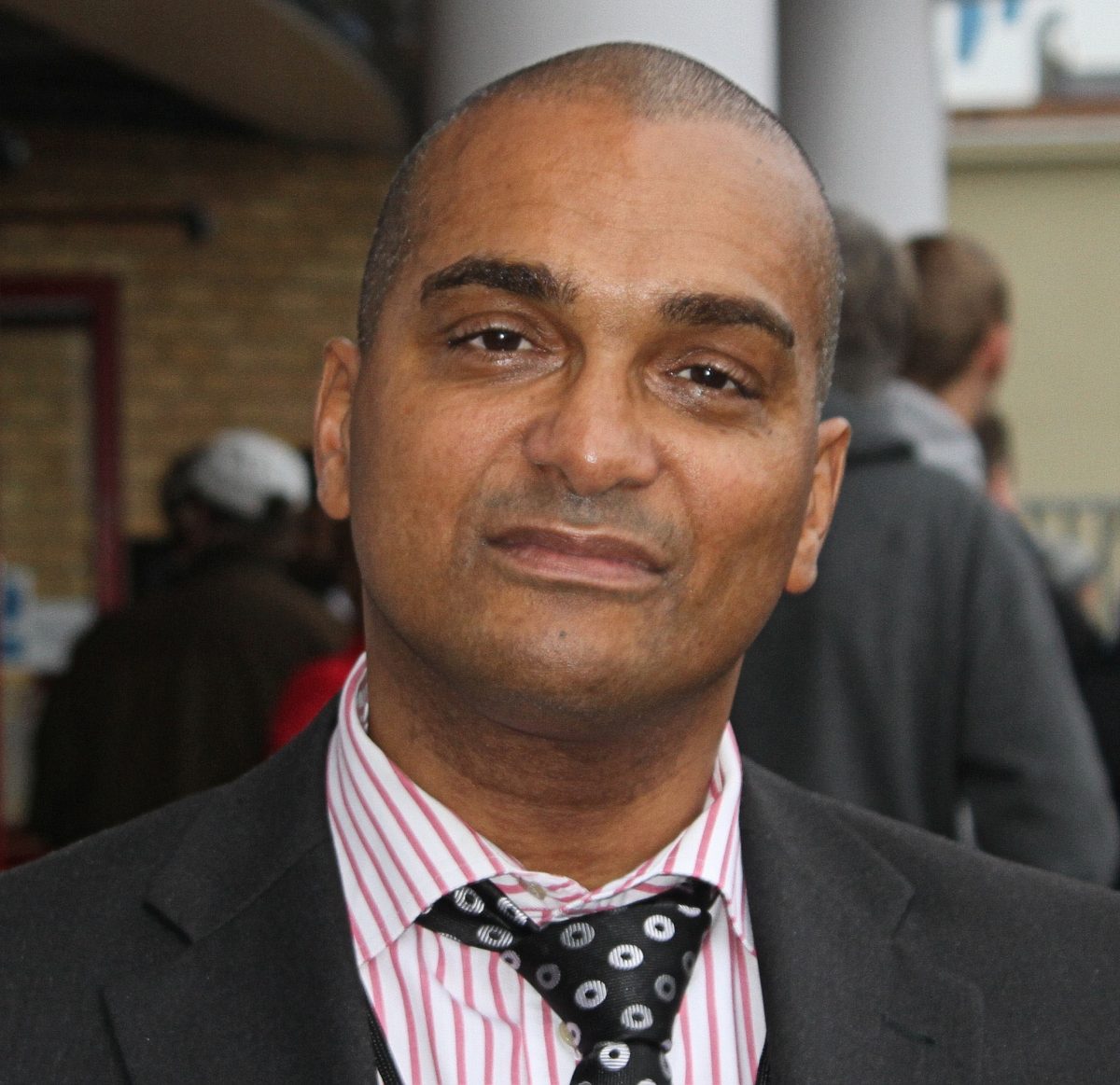MANCHESTER, England, (Reuters) – Among the multitude of viral videos flying around social media during Britain’s coronavirus lockdown, is one which ridicules Premier League footballers in a brutal, unsubtle fashion.
Comedian Simon Brodkin parodies a player who, as well as insulting a young kid playing football in the garden, justifies his £200,000 a week salary on the basis that he needs a new car every week before going on to mock the low salaries of NHS nurses and demands they take a pay cut.
Brodkin has used football as a target before, once infiltrating a press conference where he threw dollar bills all over then FIFA president Sepp Blatter, and it speaks volumes that he now sees Premier League players as a similar target for his humour as the man eventually banned from the game after corruption allegations.
After a week of public arguments about Premier League players, who earn an average salary of £240,000 a month, refusing to take a pay cut while top clubs use public money to pay their furloughed non-playing staff, there is little doubt that the game — and its players — have suffered a serious blow to their image.
“Our players are seen as the anti-Christ because they happen to be well-paid young men. They’re being portrayed as having no social conscience whatsoever and that’s grossly unfair,” says Bobby Barnes, an official with the Professional Footballers Association.
“GOLD ROLLS-ROYCES”
“It’s as if our players are off buying gold Rolls-Royces every day. They’re not,” he added in an interview with The Times.
There is no question that many footballers do help out good causes generously, just as most clubs are engaged with effective community programmes all-year round.
It is telling that one of the game’s most highly-rated stars of the future, Jude Bellingham, a Birmingham City midfielder who is strongly linked with a transfer to Manchester United, is prominently involved in charity work to help a school in Kenya despite being only 16.
The trouble is that all that work has been overshadowed by a public spat over money between the PFA and the Premier League and its clubs, at a time when so many workers and businesses are feeling the impact of the lockdown.
On Wednesday, a group of Premier League players announced a ‘Players Together’ charity initiative to help raise funds for NHS related causes, but the reputational damage may be hard to recover from.
“I think the Premier League lost control of the narrative and their own story,” says Darren Ennis, Advocacy and Crisis Communications advisor with Fourtold.
“They should have been more proactive. They should have done more scenario planning including the impact on their reputation if they took various decisions.”
It is by no means just the players who have felt a backlash from public opinion.
Premier League leaders Liverpool had to make an abrupt U-turn after outcry over their decision to use public funds to pay their non-playing staff whilst still paying their first team players their massive wages. Tottenham Hotspur, who opened a new £1 billion stadium last season, have stuck firm with their decision to use government aid to pay their non-playing staff, a position also taken by Newcastle United.
One of the consequences of taking taxpayers money is that it has opened the door for politicians to enter the debate and sensing the drift of public opinion, they have not held back.
“It is time for the Premier League to stop defending the indefensible,” said Julian Knight, the Conservative MP who heads the parliamentary committee covering sport.
“They should be working out a way to carry on paying the wages of club staff without resorting to taking money from the government scheme.”
It is perhaps surprising for an industry which derives so much of its revenue from broadcasting deals, and which receives more media coverage than any other sport or indeed business, that there has been such a mixed message.
“What’s happened is about football’s failure to operate with one voice and without overall leadership. The impression it has given is that it is a collection of self-interested organisations, all with different agendas,” says Chris Buckley, chairman of the Sport Acuity consultancy.
But Buckley doesn’t believe the reputational damage will impact on attendance at games.
“Fans put up with a heck of a lot and I am sure we will be flooding back once there is a live game to see,” he said.
But, with the wider public, it may take a lot of work for the Premier League and its players to recover from the hit to their image, says Ennis.
“They have lost touch with their core audience. Something they may be punished for in the longer term”.





